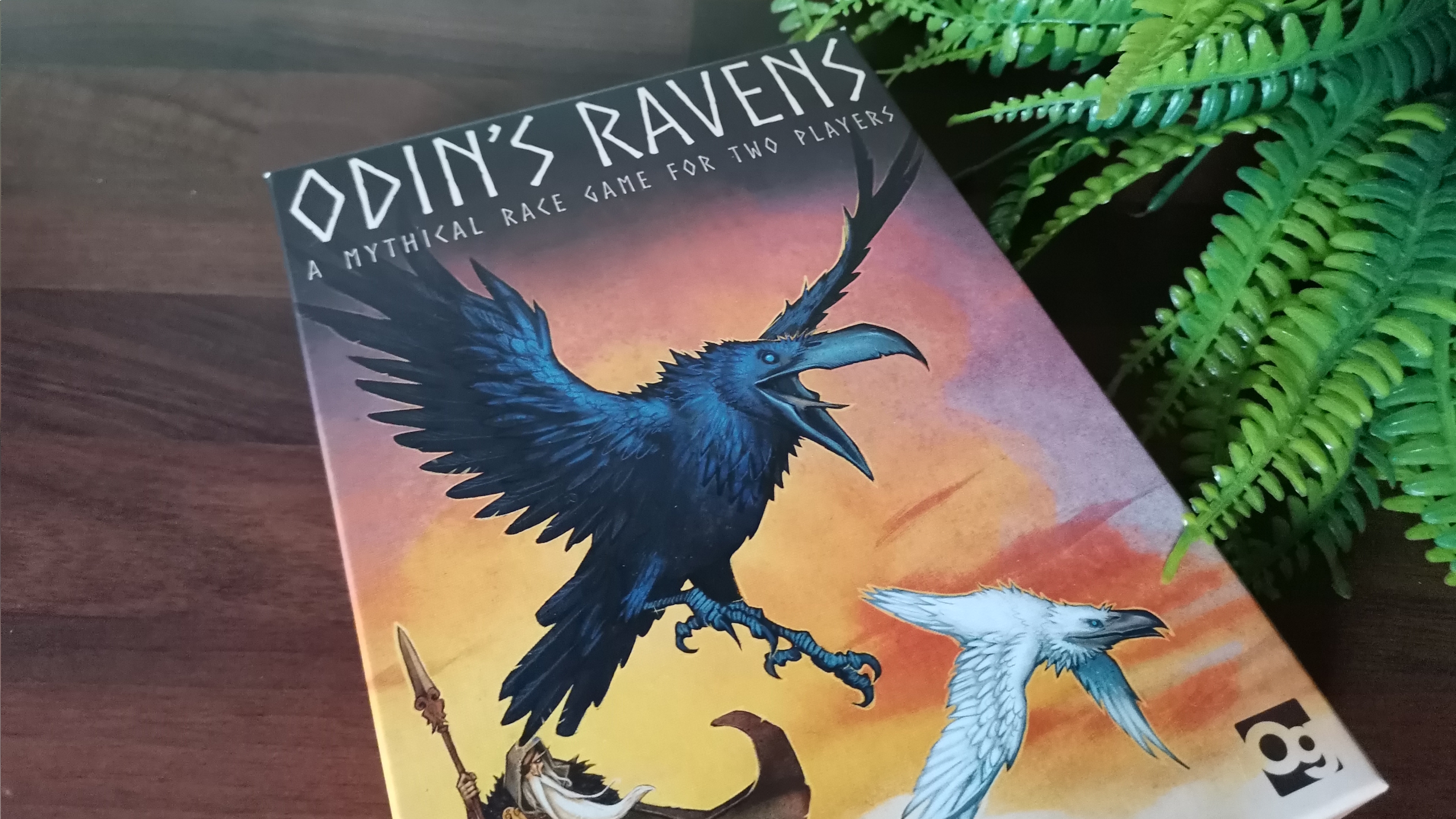The games industry might be built on borrowed ideas, but new ones have to come from somewhere – even if Fumito Ueda says "the era of game mechanics is over"
Opinion | Big-budget developers are reliant on indie innovation to keep us entertained
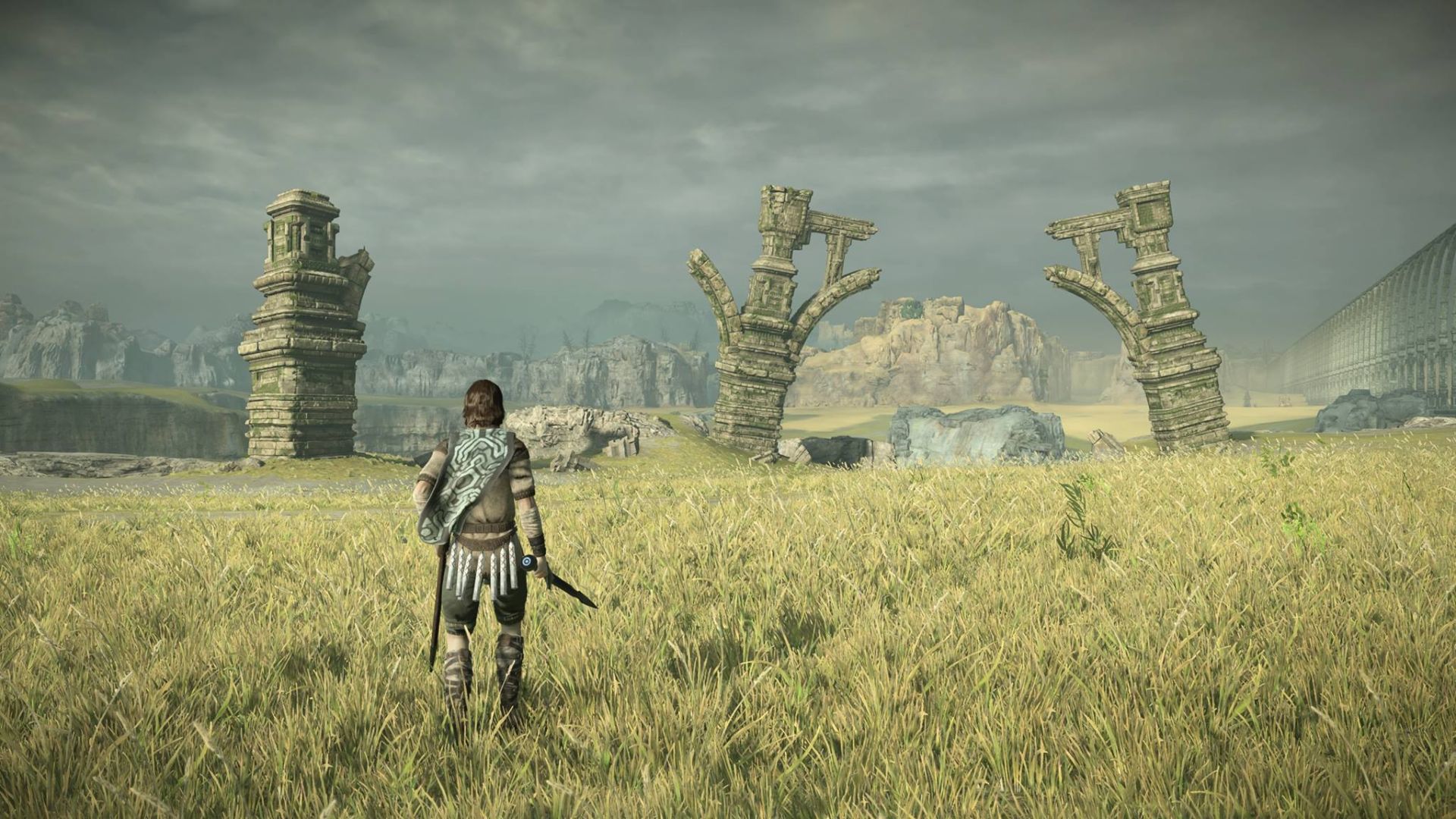
Weekly digests, tales from the communities you love, and more
You are now subscribed
Your newsletter sign-up was successful
Want to add more newsletters?

Every Friday
GamesRadar+
Your weekly update on everything you could ever want to know about the games you already love, games we know you're going to love in the near future, and tales from the communities that surround them.

Every Thursday
GTA 6 O'clock
Our special GTA 6 newsletter, with breaking news, insider info, and rumor analysis from the award-winning GTA 6 O'clock experts.

Every Friday
Knowledge
From the creators of Edge: A weekly videogame industry newsletter with analysis from expert writers, guidance from professionals, and insight into what's on the horizon.

Every Thursday
The Setup
Hardware nerds unite, sign up to our free tech newsletter for a weekly digest of the hottest new tech, the latest gadgets on the test bench, and much more.

Every Wednesday
Switch 2 Spotlight
Sign up to our new Switch 2 newsletter, where we bring you the latest talking points on Nintendo's new console each week, bring you up to date on the news, and recommend what games to play.

Every Saturday
The Watchlist
Subscribe for a weekly digest of the movie and TV news that matters, direct to your inbox. From first-look trailers, interviews, reviews and explainers, we've got you covered.

Once a month
SFX
Get sneak previews, exclusive competitions and details of special events each month!
"The era of game mechanics is over," The Last Guardian director Fumito Ueda said in a recent interview. "I wonder if we are no longer in the era where we need to provide new devices or new game mechanics every single game."
If anybody's earned the right to borrow a few ideas, it's Ueda. When Peter Molyneux announced that Fable 3 would feature a handholding mechanic, he was quick to acknowledge that inspiration came from Ico – the breakthrough Ueda game in which the titular horned protagonist takes the hand of a princess earmarked for an evil end and steers her to safety.
Then there's Shadow of the Colossus, Ico's follow-up, which has left an even deeper mark on videogames. Its influence lives on every time you cling to the limb of a gigantic boss in Eternal Strands, stabbing like a wasp at a trunklike arm or leg. Or whenever you spur your horse into a gallop across a vast grassy plain in the mournful quiet of The Legend of Zelda: Breath of the Wild.
"Even if the mechanics are not new, you can focus on the feel and art," Ueda told DenfaminicoGamer. "Whether you like it or not, it's better to sharpen the existing mechanics."
Circular motions
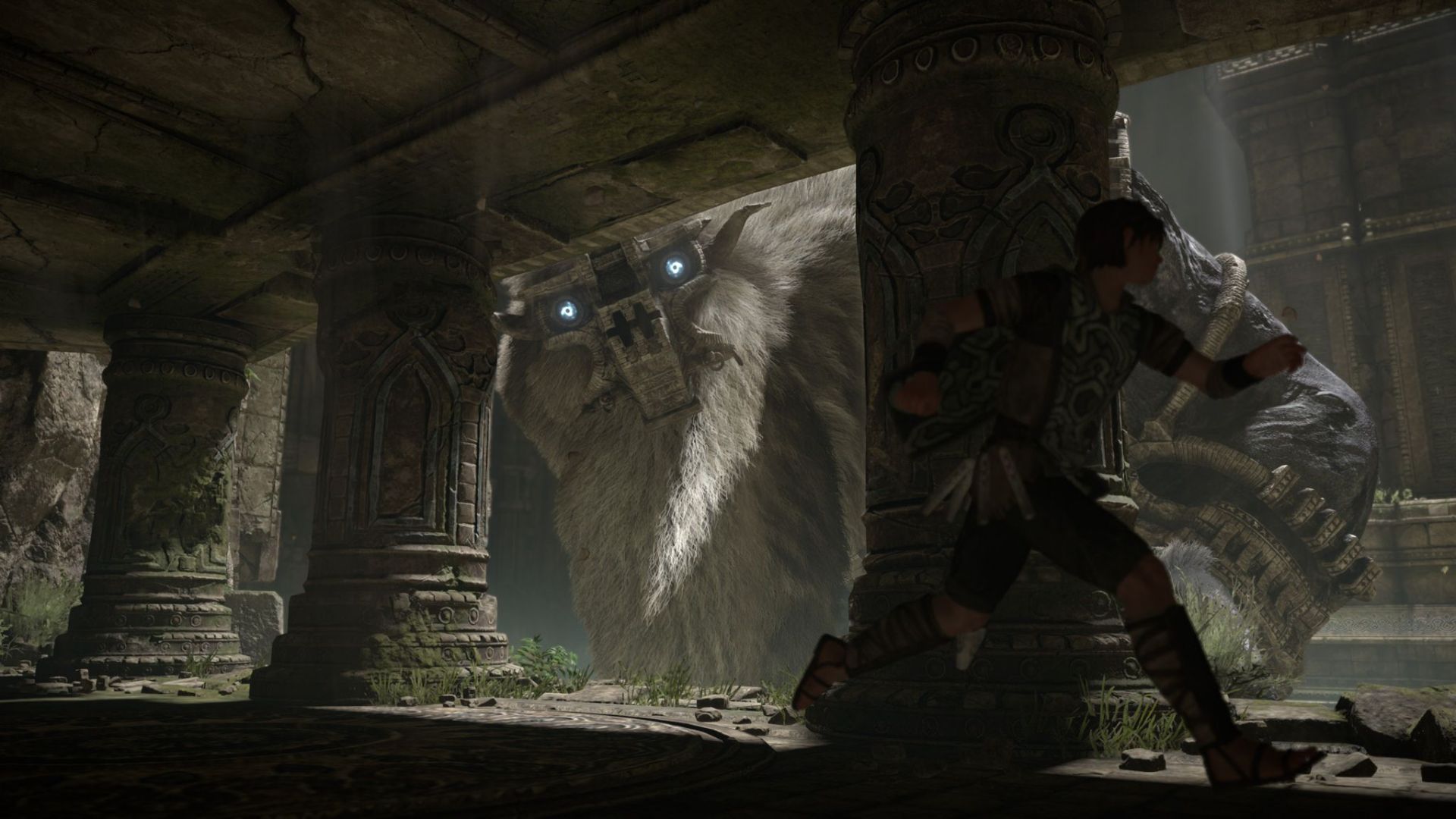
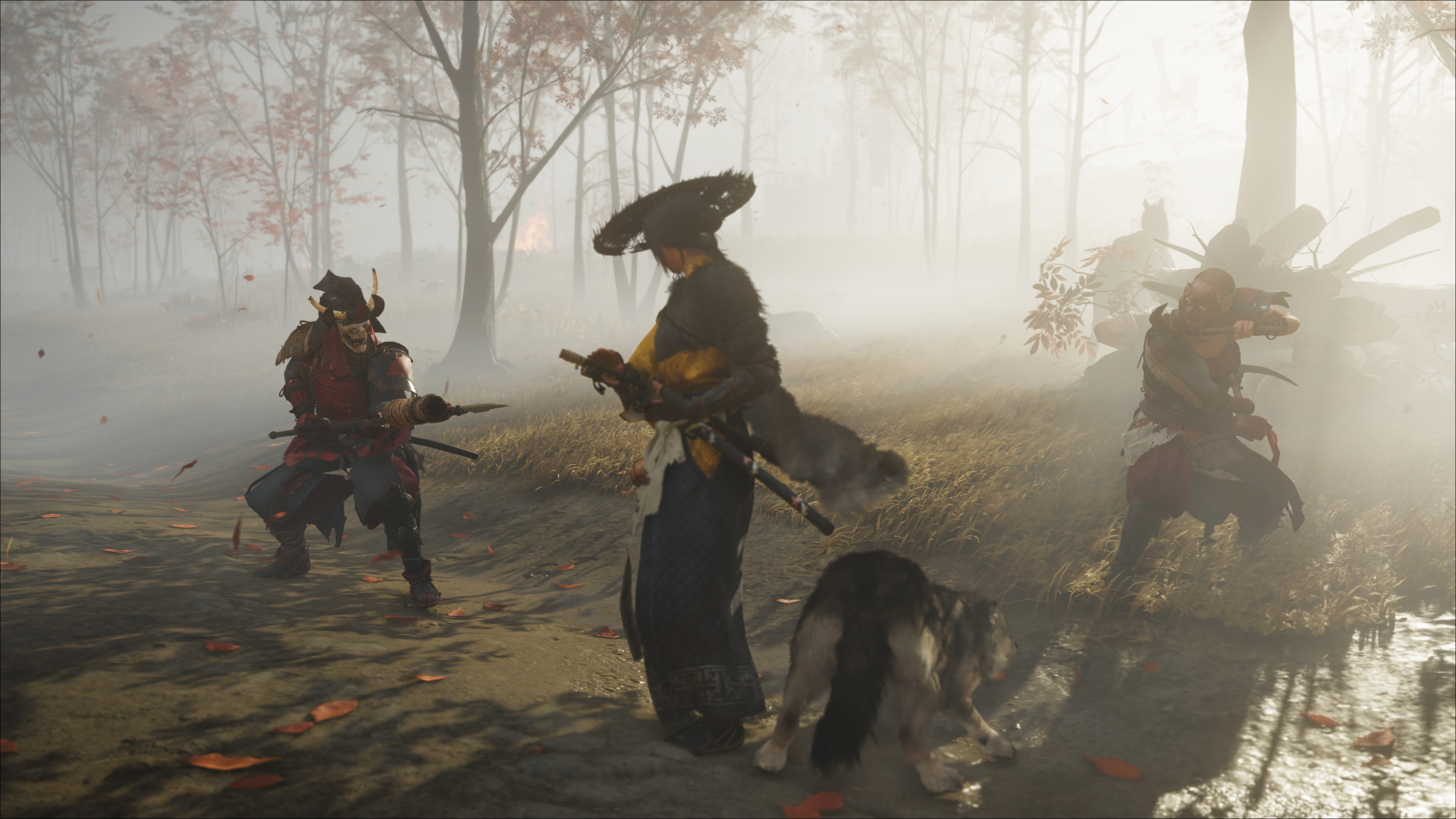
These new games are still to come in 2025 and beyond
He's certainly not alone in that attitude. In many ways, the success of the medium is built upon it. As much as videogames are art, they're also software – and if software developers are obsessed with anything, it's iteration. The making of every game is a cycle, during which its creators learn a bunch of lessons about what they'd do differently next time, and get a pile of feedback from journalists and players.
When the cycle begins anew, it's usually better-executed as developers upgrade their technology, strip away the parts that didn't work, and double down on the core magic of the game they made the first time around. This iterative process is the reason why, uniquely to the medium, videogame sequels are so often better than their predecessors. Try playing the first two Assassin's Creed entries back to back, or Watch Dogs 1 and 2. The difference is night and day – quite literally in the latter case, as Ubisoft realized that toylike hacking mechanics played far better in sunny San Francisco, with a sunny disposition to match.
Of course, such improvements aren't confined to direct sequels. That iterative design process is reflected at large in the games industry. By unspoken agreement, studios borrow ideas from each other, refining them or giving them a novel twist to push a genre forward and so delight its players.
Weekly digests, tales from the communities you love, and more
Occasionally, the terms of that agreement are disputed. Sony has objected to Tencent's Light of Motiram, for instance, which it calls a "slavish clone" of the Horizon games in a new lawsuit. And at times, the chain of ideas is broken completely, as when Warner Bros. patented the Nemesis system that made Middle-earth: Shadow of Mordor so memorable. Under the Nemesis system, enemies gradually climbed a hierarchy and held grudges against the player, based on their previous encounters. It was a concept with enormous potential.
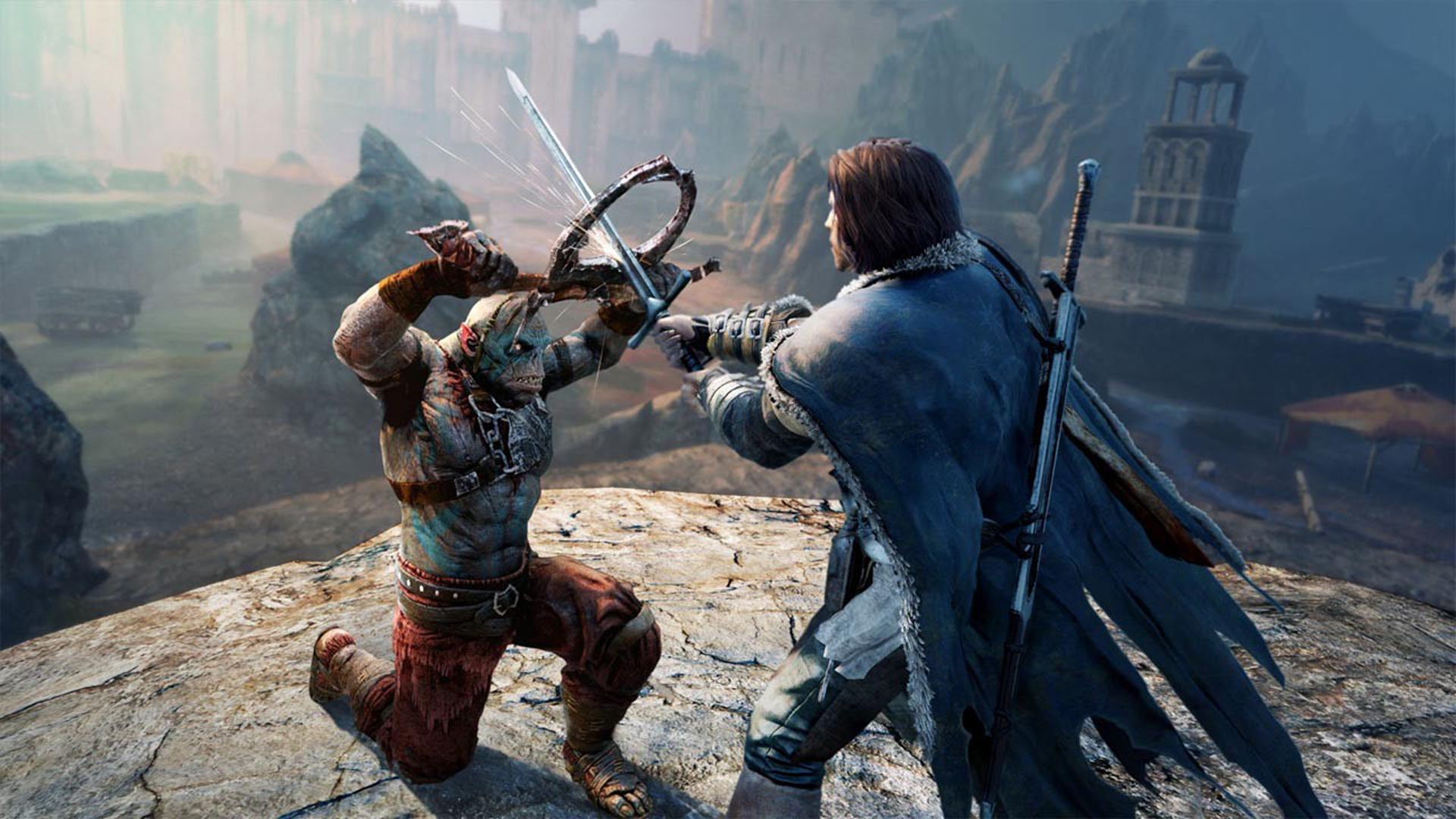
But Warner jealously guarded its creation, which meant a promising feature was never iterated on by other developers. It died on the vine when Mordor studio Monolith was closed down, dooming the Nemesis-based Wonder Woman game it was working on. This all despite the fact that Shadow of Mordor had borrowed plenty from Assassin's Creed in the first place.
Still: the dissemination of ideas between game studios has mostly been unhindered, and that's led to the betterment of the medium as a whole. Back in the '80s and '90s, you'd regularly discover games rooted in new and experimental ideas, many of which spectacularly failed to deliver. Today, most mainstream releases take their foundations from something that came before, which has improved quality control and carried some genres to great heights.
Justin Negrete, a senior lead campaign designer for Black Ops 6, chimed in to agree with Ueda on LinkedIn. "It's not like we should stop trying, but let's focus on making a polished and well-designed experience first and foremost," he wrote. "Very few things are 'wholly original' anyway… By applying our own lens with 'borrowed' mechanics, we can focus on delivering better and better overall experiences." It's an approach that has enabled Call of Duty to stay on top for decades.
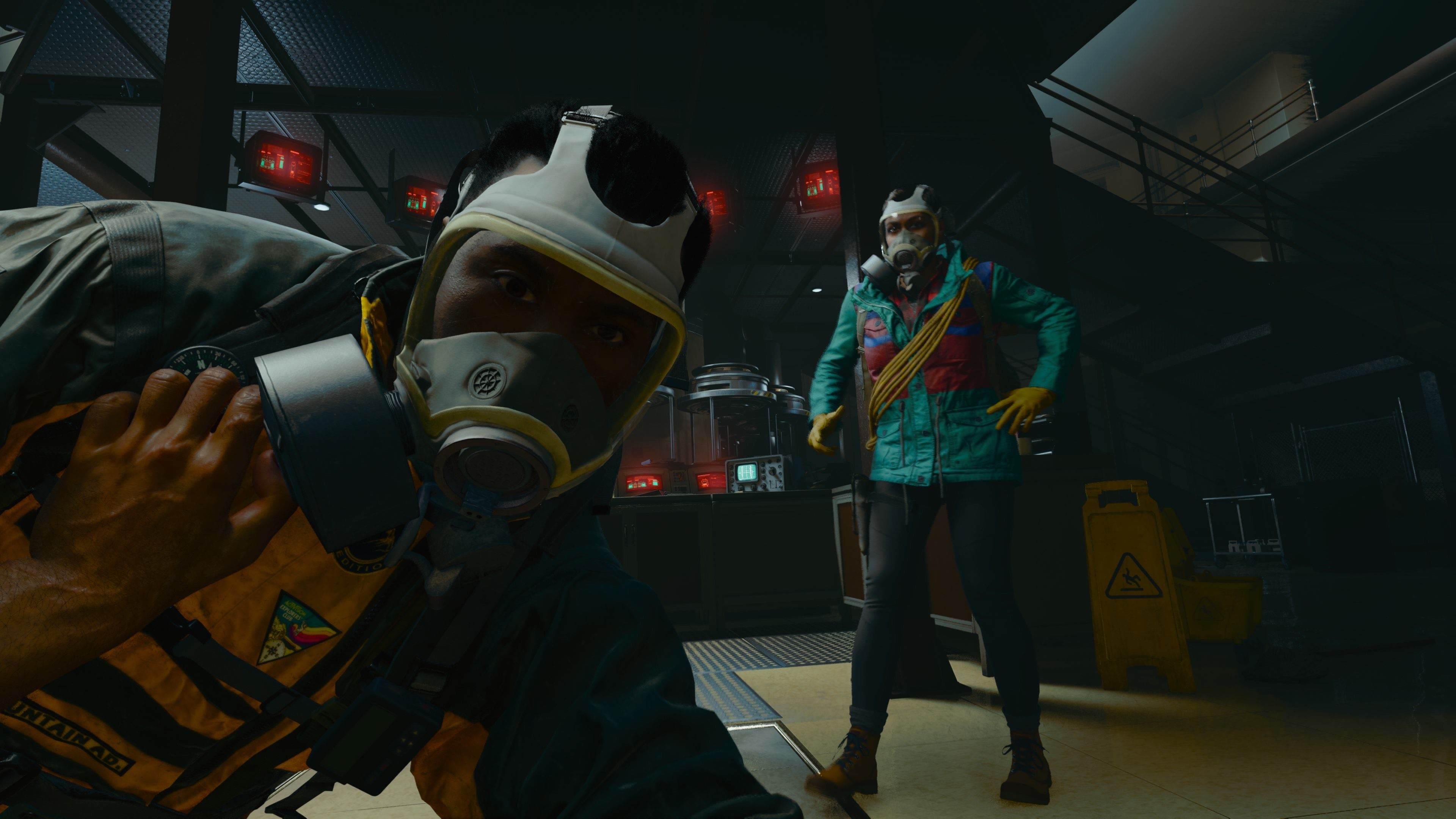
I do think, however, that this perspective is a luxury enjoyed by big-budget game developers, who have been fed by indie hits for decades now. Black Ops 6's single-player campaign is a prime example. Its standout missions are rooted in disguise-based stealth that riffs heavily on Hitman's World of Assassination trilogy – a masterpiece that IO Interactive was only able to assemble after going independent. And its weirdest, scariest level relied on mannequins which only stopped moving when observed – a mechanic first trialed in indie horrors like Soma, Five Nights at Freddy's and SCP: Containment Breach.
The truth is that for most indie teams, new ideas are never optional. Game stores are swamped by innumerable releases each month, and novelty is a necessity for standing out in the crowd. Once such a game breaks through, the big-budget developers then seize on those innovations and polish them up for a wider audience – the way PUBG gave us Warzone, and Escape from Tarkov gave us DMZ. Bang, and the jank is gone. Without that pipeline of indie hits, I suspect that AAA teams would discover that there were far fewer proven ideas floating around to borrow and iterate on - and consequently, players would get bored.
No one knows better than Fumito Ueda that great games are built on the shoulders of colossi. But to climb a titan, someone has to take that first leap.

Jeremy is a freelance editor and writer with a decade’s experience across publications like GamesRadar, Rock Paper Shotgun, PC Gamer and Edge. He specialises in features and interviews, and gets a special kick out of meeting the word count exactly. He missed the golden age of magazines, so is making up for lost time while maintaining a healthy modern guilt over the paper waste. Jeremy was once told off by the director of Dishonored 2 for not having played Dishonored 2, an error he has since corrected.
You must confirm your public display name before commenting
Please logout and then login again, you will then be prompted to enter your display name.
